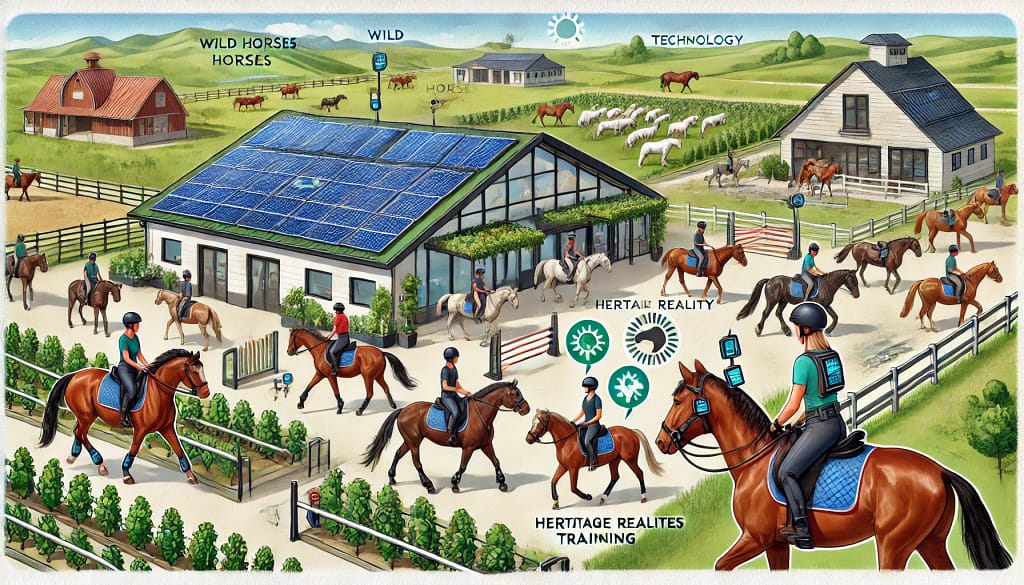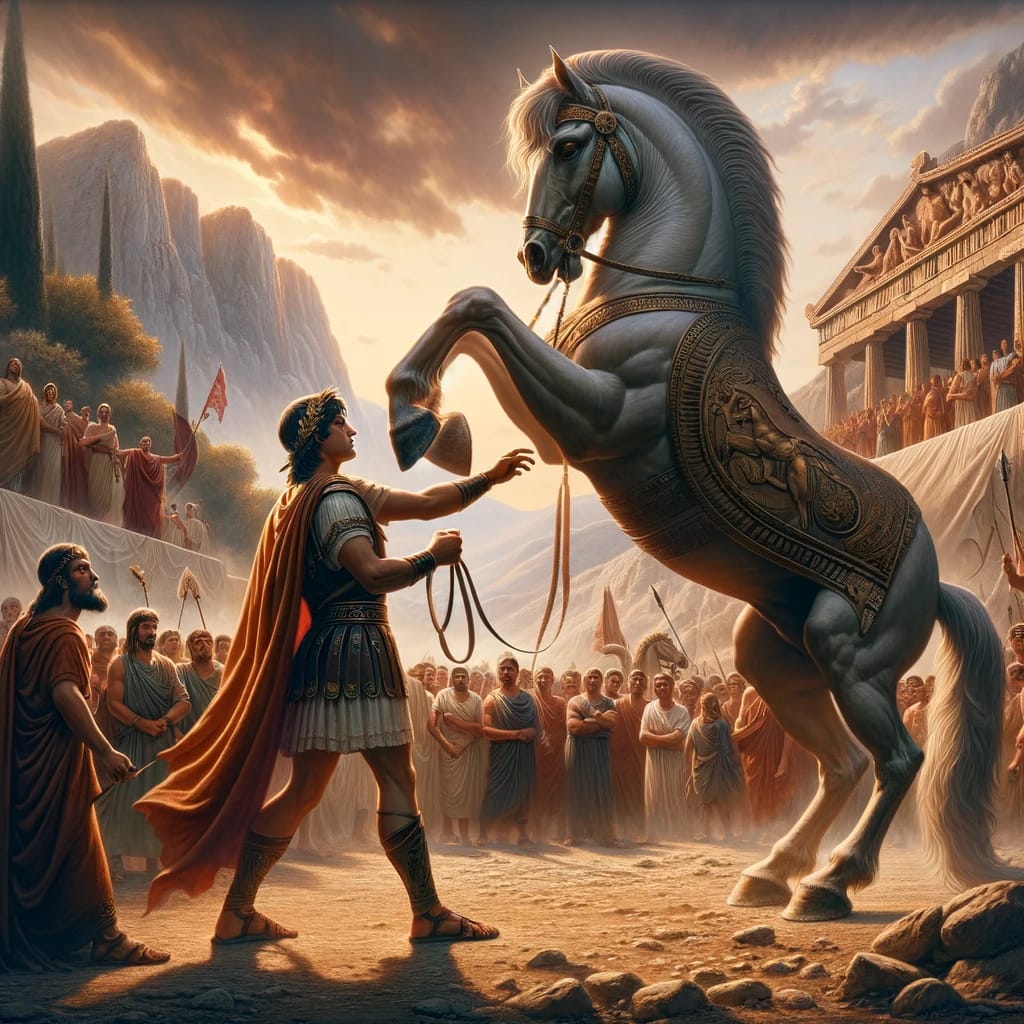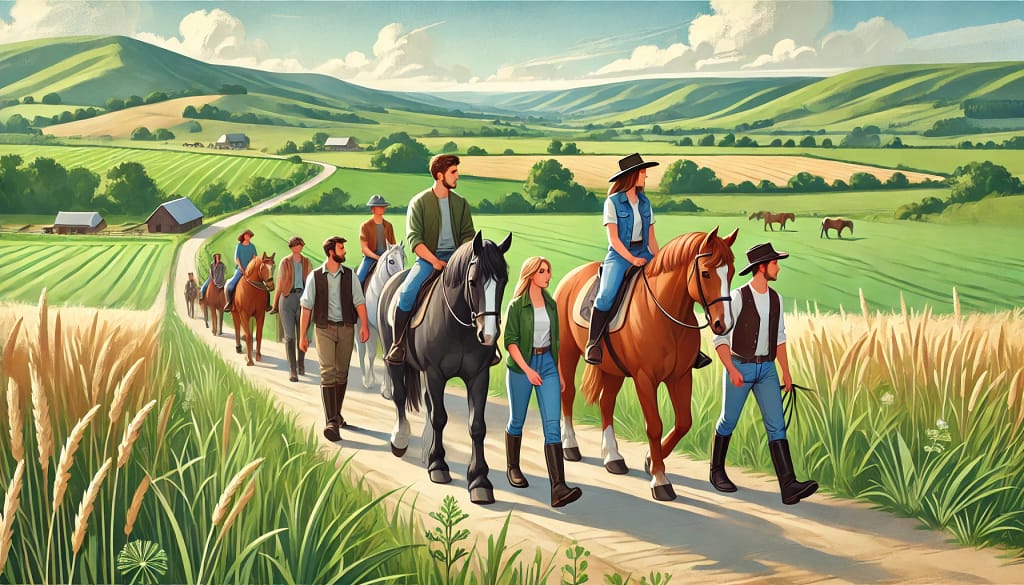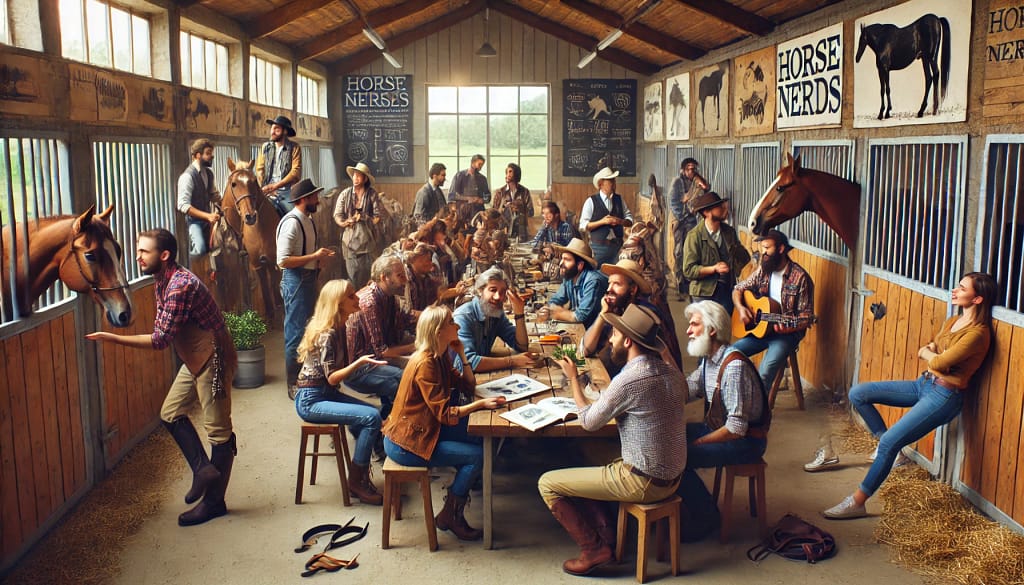
The equestrian world, steeped in tradition and deep bonds between horse and rider, is undergoing significant shifts driven by evolving ethical standards, conservation efforts, and technological innovations. Let’s explore these changes and what they mean for the future of equestrianism.
Ethical Considerations in Horse Riding and Training
As awareness grows about animal welfare, ethical considerations in horse riding and training have become paramount. Ensuring the well-being of horses involves re-evaluating traditional practices and adopting humane methods. Here are some key ethical concerns and best practices:
1. Positive Reinforcement Training: The shift from dominance-based training to positive reinforcement emphasizes respect and understanding. This approach rewards desirable behavior with treats, praise, or rest, fostering a cooperative relationship rather than one based on fear or submission.
2. Responsible Riding: Maintaining a horse’s health requires mindful riding practices. This includes proper warm-ups, avoiding excessive workloads, and ensuring the horse is fit for the activities it undertakes. Riders should be attuned to signs of fatigue, pain, or distress.
3. Tack and Equipment: Using well-fitted, comfortable tack is crucial. Ill-fitting saddles, bridles, or bits can cause pain and long-term damage. Regular checks and adjustments, as well as using bitless bridles or treeless saddles where appropriate, can enhance a horse’s comfort.
4. Ethical Breeding: Selective breeding for aesthetics or performance can lead to health issues. Ethical breeding practices prioritize genetic diversity and the physical and mental health of the horses over superficial traits.
5. Retirement and End-of-Life Care: Responsible ownership includes planning for a horse’s retirement and ensuring humane end-of-life care. Providing a safe, comfortable environment for aging horses and making compassionate decisions when their quality of life declines is essential.
Conservation Efforts for Wild Horses and Preservation of Heritage Breeds
Conservation and preservation are critical components of ethical equestrianism, focusing on the protection of wild horses and heritage breeds.
1. Wild Horse Conservation: Wild horses, like the American Mustang, face threats from habitat loss, climate change, and human encroachment. Conservation efforts involve:
- Habitat Protection: Securing and managing land to provide sustainable environments for wild horse populations.
- Population Control: Implementing humane population control measures, such as fertility control, to prevent overgrazing and maintain ecological balance.
- Advocacy and Legislation: Supporting laws and policies that protect wild horses and their habitats.
2. Preservation of Heritage Breeds: Heritage breeds, often valued for their historical significance and unique characteristics, are at risk due to modern breeding practices. Preservation efforts include:
- Breeding Programs: Establishing breeding programs that maintain genetic diversity and promote the health and characteristics of heritage breeds.
- Awareness and Education: Educating the public about the importance of heritage breeds and encouraging their use in various equestrian disciplines.
- Support Networks: Creating networks of breeders, owners, and enthusiasts dedicated to the preservation of these breeds.
Innovations and the Future Outlook of Equestrian Sports
Technological advancements and innovative practices are shaping the future of equestrian sports, enhancing the experience for both horses and riders.
1. Wearable Technology: Wearable devices for horses can monitor vital signs, movement patterns, and stress levels, providing valuable data to optimize training and health management. These technologies can help detect early signs of injury or illness, ensuring prompt treatment.
2. Advanced Training Tools: Virtual reality and simulation tools offer riders new ways to practice and improve their skills without putting stress on their horses. These tools can simulate various riding scenarios, from dressage routines to cross-country courses.
3. Sustainable Practices: Sustainability in equestrian sports includes using eco-friendly materials for tack and equipment, managing waste responsibly, and promoting green initiatives at equestrian events. Reducing the environmental impact of the sport is essential for its long-term viability.
4. Inclusive and Adaptive Sports: The future of equestrianism also involves making the sport more inclusive and accessible. Adaptive riding programs for individuals with disabilities and initiatives to make riding more affordable and welcoming to diverse populations are crucial steps forward.
5. Digital Platforms and Community Engagement: Online platforms and social media are revolutionizing how the equestrian community connects and learns. Virtual clinics, webinars, and online competitions provide new opportunities for engagement and education, breaking down geographical barriers.
Conclusion
The future of equestrianism is being shaped by a commitment to ethical practices, conservation efforts, and innovative advancements. By prioritizing the welfare of horses, preserving the legacy of wild and heritage breeds, and embracing technological and sustainable practices, the equestrian community can ensure a vibrant and responsible future for the sport. Engaging in these efforts not only enhances our bond with these magnificent animals but also secures the continued growth and enjoyment of equestrianism for generations to come.



